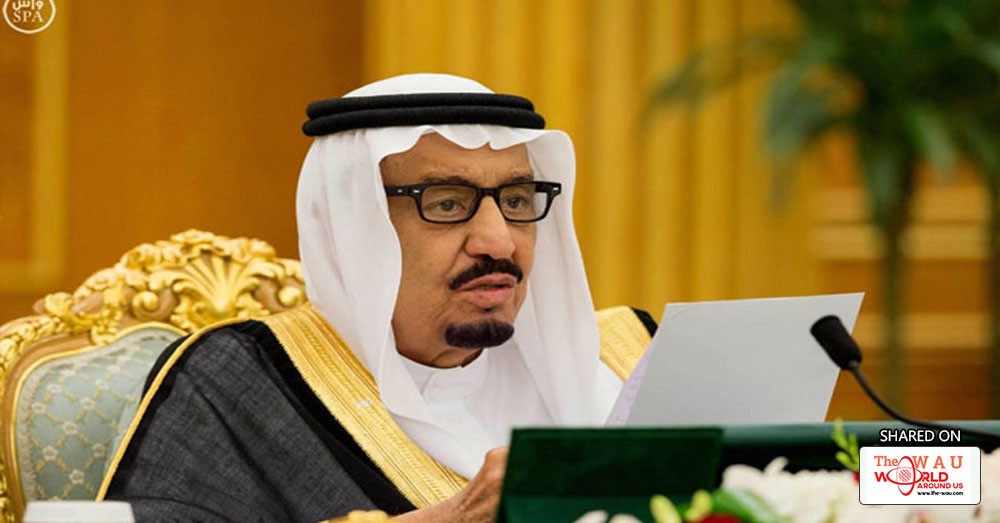Saudi Arabia has announced its budget for the fiscal year 2018. The budget for the year 2018 is the largest budget in the history of the Kingdom. The year 2017 was not financially very good for the Kingdom and credit goes to the diminishing oil prices.
However, the way government machinery has tackled the issue is commendable. Under the guidance of King Salman, they are leading this beautiful country to a place where they don’t have to depend on oil exports heavily.
1-Budgeted Expenditures: Actual expenditures for the year 2017 are SR 926 billion ($247 billion) which is expected to increase SR 978 billion ($261 billion) during the year 2018 as per the budget.
It is a very positive step taken by the Saudi Government. If you remember, the only solution to the current financial crisis is increased government spending. When the government is budgeting an increased spending in the budget, it is a very positive sign for the Saudi economy.
Saudi Government will be spending SR 30 billion on citizen’s account during the year 2018. It will improve the purchasing power of the lower class people in Saudi Arabia.
2-Budgeted Revenue: The actual revenue for the year 2017 is expected to reach SR 696 billion ($185 billion). However, it is expected to increase to SR 783 billion ($209 billion) during the year 2017 as per the Saudi Budget 2018.
The revenue from the Value Added Tax on goods and services is expected to be SR 85 billion during the year 2018.
The expected revenue from dependents fee during the year 2018 is SR 24 billion ($6.4 billion). It is expected to increase to SR 65 billion ($17 billion) in the year 2020.
Oil revenues for 2017 are estimated at SR480 billion ($128 billion), 46 percent higher than the 2016 projections, while non-oil revenues are estimated at SR212 billion ($56 billion), a 6.5 percent increase.
3-Budget Deficit: The actual deficit during the year 2016 was SR 297 billion ($80 billion) which has reduced to SR 230 billion ($61 billion) during the current year 2017 and according to the budget 2018, it is expected to further reduce to SR 195 billion ($53 billion).
The budget deficit has reduced to 8% of the GDP of Saudi Arabia. It is a remarkable achievement from the side of the government. According to the government projections, the budget deficit is expected to eliminate by the year 2020.
It is the fifth consecutive year of the budget deficit for Saudi Arabia. However, it is expected that by 2023, Saudi Arabia will be issuing a balanced budget.
4-Gross Domestic Product: Gross Domestic Product of Saudi Arabia is expected to reach SR 2.6 trillion during the year 2018 with an increase of 2.7%.
5-Foreign Reserves: During the preceding 3 years, the government has financed the budget with its foreign currency reserves in addition to the borrowing of SR 200 billion ($53 billion) from the international market
6-The Amount of Debt: The total national debt for 2018 is not expected to go beyond 25% of the GDP. The expected GDP during the year 2018 is around SR 2.6 trillion ($693 billion). The expected level of total national debt by the government is around SR 650 billion ($173 billion)
7-Income Taxes on Expats and Saudis: The Saudi Budget 2018 has not brought any change in the current tax law. It means that there will be no taxes on either expats or Saudis for the year 2018.
8-Dependent’s Fee: The Budget 2017 introduced a minimum dependent fee which has been imposed from July 2017. The expatriates are already paying a dependent fee of SR 100 per head per month. It will further increase to SR 200 per month per head from July 2018.
However, there are a few Categories of Expatriates who are exempt from Dependent’s Fee. It has also been suggested by the lawyers to the general public that the Dependent’s fee is the responsibility of the employers especially for those employees who have a family contract.
9-Work Permit Levy: Currently, every employer is paying SR 2400 per annum per expatriate employee as work permit levy. The amount is expected to increase to SR 4,800 for the year 2018. We have already explained the Calculation of Work Permit Levy in detail.
It is also important to mention here that there are some expatriates who are exempt from Work Permit Levy. If your employer asks you to pay for the work permit levy, make sure to check the status of work permit levy before making the payment.
Share This Post















